Homeschooling 101
Welcome to Homeschooling 101!
This page is your go-to resource for everything homeschooling, designed to give you the confidence and clarity you need as you take charge of your child’s education. Whether you’re just starting out or looking to fine-tune your approach, you’ll find practical advice, helpful tips, and answers to common questions here.
Homeschooling is a unique journey—one that’s as flexible and creative as your family. From choosing a curriculum to creating a daily routine that actually works, this page is packed with insights to help make the process smoother and less overwhelming.
Take your time exploring, bookmark this page for quick reference, and come back often for updates. Remember, homeschooling doesn’t have to be perfect—it just has to work for your family! Let’s get started. 😊





How Do I Start Homeschooling?
Homeschooling in Texas is straightforward, flexible, and empowering. This guide covers everything from legal requirements to picking a curriculum and connecting with the homeschool community, making it easy to start your journey and customize your child’s education.
Many Philosophies
Homeschooling is as diverse as the families who choose it, which is why there are so many different philosophies. Every child is unique, with their own learning style, interests, and pace, and every family has its own goals, values, and schedules. Homeschooling philosophies have evolved to reflect this diversity, offering parents a wide range of approaches to tailor their child’s education. From structured, traditional methods to free-spirited, child-led learning, each philosophy provides a distinct framework that caters to different educational priorities and lifestyles. This variety is one of the greatest strengths of homeschooling—it allows families to create a learning environment that truly fits their needs.

Traditional Education
Overview: This approach mimics the structure of public or private schools, focusing on textbooks, workbooks, and formal assessments.
Key Features:
- Clear grade-level expectations.
- Structured schedules & lesson plans.
- Emphasis on mastery of core academic subjects.
Best For: Families who prefer a familiar, structured school environment at home.

Classical Education
Overview: Rooted in the trivium (three stages of learning), it emphasizes logic, critical thinking, & mastering the liberal arts.
Key Features:
- Grammar Stage (Elementary): Focus on memorization & foundational knowledge.
- Logic Stage (Middle School): Emphasis on reasoning & critical thinking.
- Rhetoric Stage (High School): Development of persuasive communication and original thought.
- Strong emphasis on history, literature, and languages, especially Latin or Greek.
Best For: Families who value traditional liberal arts and analytical thinking.

Charlotte Mason Method
Overview: This philosophy focuses on cultivating a love of learning through "living books," nature studies, & hands-on activities.
Key Features:
- Short, focused lessons.
- Rich literature and narrative-based learning (no dry textbooks).
- Emphasis on art, music, and outdoor exploration.
Best For: Families who value creativity, nature, and a holistic approach to education.
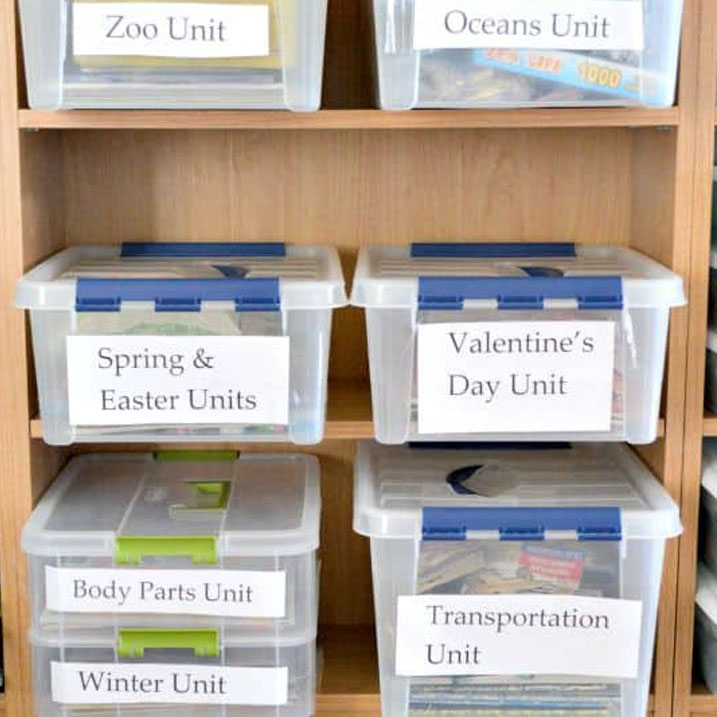
Unit Studies
Overview: This approach integrates multiple subjects around a single theme or topic.
Key Features:
- Interdisciplinary learning (e.g., studying Ancient Egypt through history, art, science, & geography)
- Flexible and creative lesson planning.
- Often project-based.
Best For: Families with children who enjoy thematic, immersive learning.

Unschooling
Overview: A child-led approach where learning happens naturally through life experiences & interest
Key Features:
- No formal curriculum or structured lessons from teachers.
- Learning through everyday activities like cooking, gardening, & exploring interests.
- Emphasis on curiosity & real-world skills.
Best For: Families who prioritize freedom, exploration, and self-directed learning.
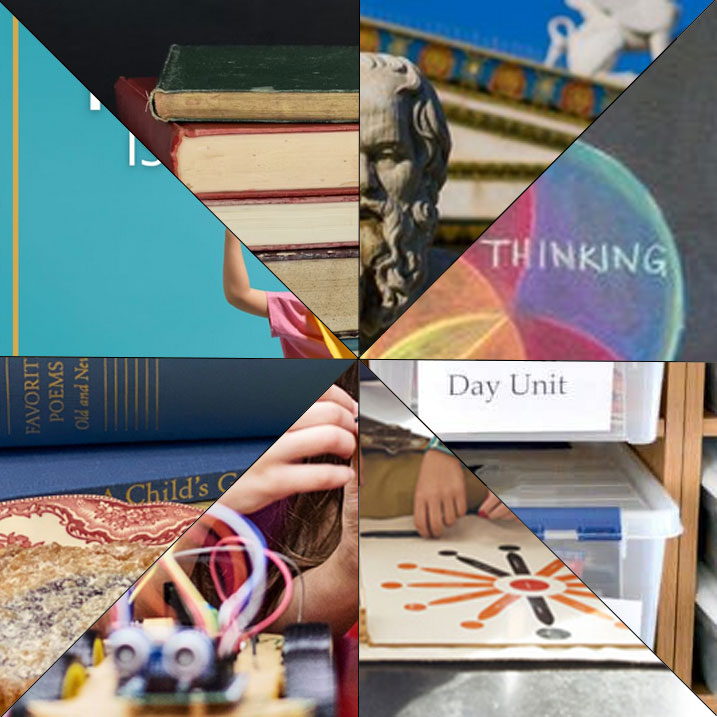
Eclectic Homeschooling
Overview: A mix-and-match approach that pulls from various philosophies to suit the family’s needs.
Key Features:
- Combines structured and unstructured methods.
- Customizable curriculum and teaching styles.
- Focused on what works best for each child.
Best For: Families who want flexibility and personalization.
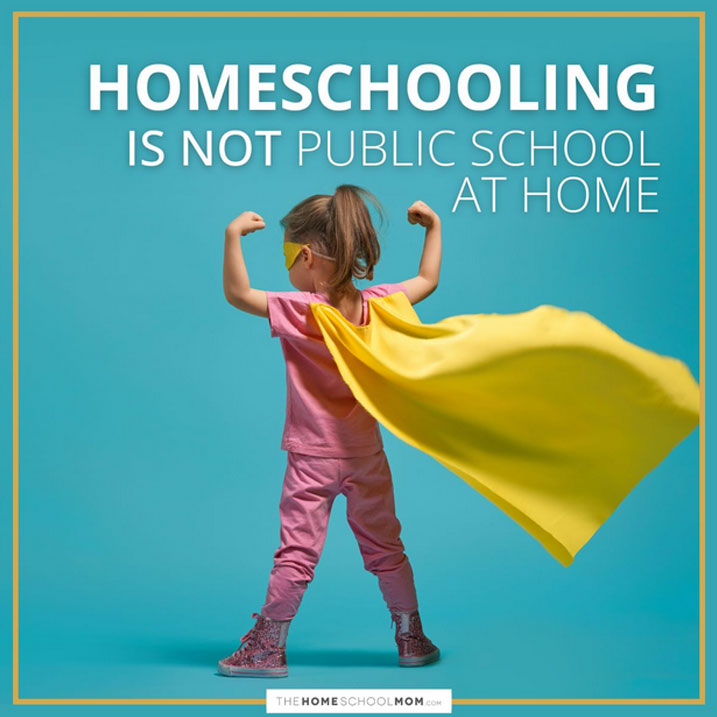
Online/Virtual Learning
Overview: Education delivered through online platforms. This does not include online public school at home.
Key Features:
- Pre-made lesson plans and curriculum.
- Access to teacher support and online communities.
- Can follow a structured schedule or allow self-paced learning.
Best For: Families who prefer a tech-driven, convenient approach.
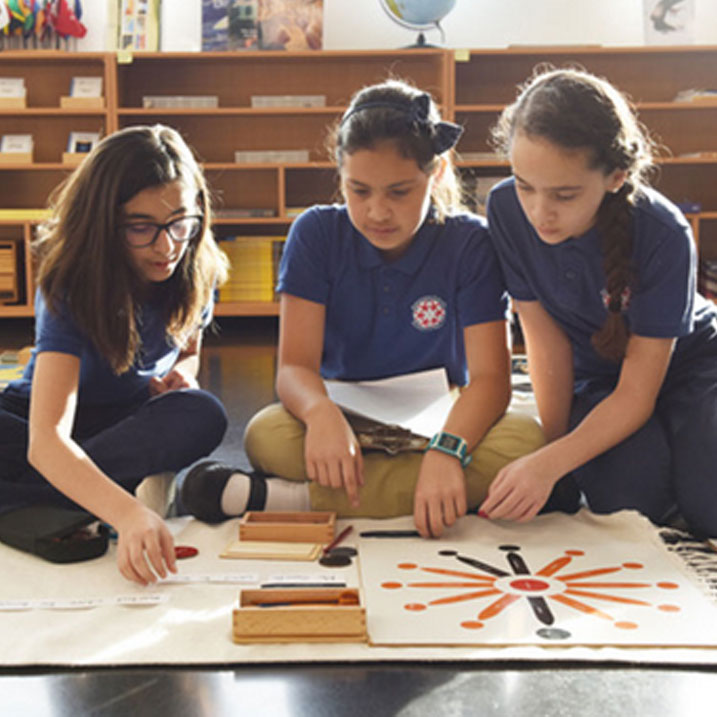
Montessori Method
Overview: A child-led approach encouraging hands-on, practical learning and independence.
Key Features:
- Learning through tactile, self-correcting materials.
- Focus on life skills and problem-solving.
- Respect for the child’s pace and interests.
Best For: Families who prefer hands-on learning and fostering independence.
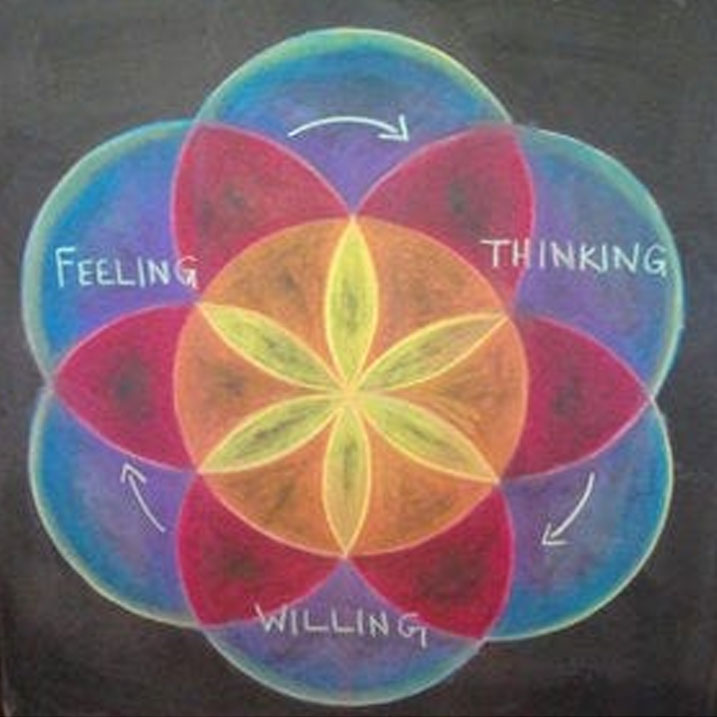
Waldorf Education
Overview: Focuses on imagination, creativity, and holistic development of mind, body, and spirit.
Key Features:
-Emphasis on storytelling, art, music, and hands-on crafts.
- Delayed formal academics until age 7.
- Rhythm and routine as central to the day.
Best For: Families who value creativity, rhythm, and a slower-paced approach to academics.
Let us know what else you'd like to see here!

